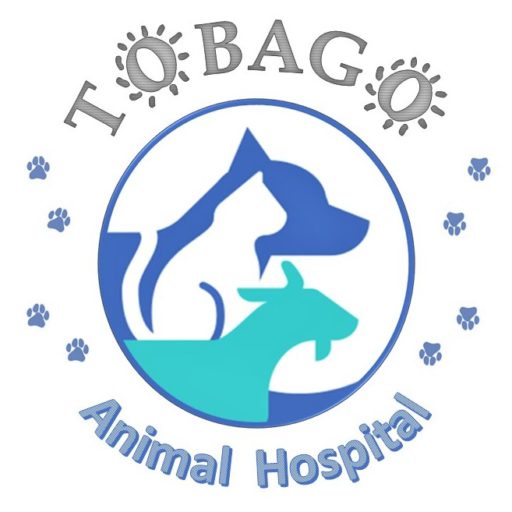House Calls
- 100.00TTD
Deworming
Cost: $50.00TTD per animal
Worms?
Worms fall under the broad category of endoparasites or internal creatures which harm an animal. In this instance, the focus is on gastrointestinal nematode parasites. The most prevalent and well-known parasite of sheep and goats lives in the abomasum or 4th stomach compartment and is called Haemonchus contortus (barberpole worm) and feeds on blood. Other very common and equally important parasites commonly found are Cooperia species, Nematodirus species, Whipworms, Nodular worms, and Tapeworms.
Why deworm?
It is very common to find animals of all ages developing clinical parasitism.
The effects of parasites include:
- Reduced milk production
- reduce breeding efficiency (less births)
- reduce weight gains
- reduce feed efficiency (the ability to convert food to live weight)
- decreased ability to fight off other diseases (a weakened immune system)
Thus there is an overall decrease in production as
- more money is spent for food (the biggest production cost)
- it takes longer for the animals to gain weight
- less offspring are produced per year
- and more money is spent on Veterinary services
For Sheep and Goat
When to deworm?
Strategic deworming is the best technique. This method identifies the animals most susceptible to the worms and treats them before they are “clinically” ill, while reducing the chance of resistance by the worms to the dewormer.
I introduce you to the veterinarian’s cheat sheet, the FAMACHA Chart. As stated before the Haemonchus worm feeds on blood, thus the chart aims at looking at the mucous membranes, the inner lids, of the eyes. The rationale is: more worms = more blood loss = paler mucous membranes. All animals should be checked every 3-4 weeks.
Using the FAMACHA card:
- Proper FAMACHA scoring technique includes exposing the lower eye mucous membranes and matching them to the equivalent colour on the FAMACHA card (Figure 1).
- Match the colour of the pinkest portion of the mucous membranes to the FAMACHA card.
- There are no half numbers!


Interpreting the FAMACHA results
Animals in FAMACHA category 4 & 5:
- Always deworm sheep & goats in categories 4 & 5.
Animals in FAMACHA category 1 & 2:
- Don’t deworm 1’s & 2’s unless there is other evidence of parasitic disease such as the presence of diarrhea, poor body condition or dull hair coat.
Animals in FAMACHA category 3:
Consider deworming if:
- >10% of flock/herd scores a 4 or 5
- Lambs and kids (usually recommended)
- Pregnant or lactating ewes/does (usually recommended once the medicine is safe for use)
- Animals are in poor body condition
- Concerned about an animal’s general health and wellbeing, for example, if animal is suffering from another disease
What to use?
To prevent resistance (the dewormer no longer causing a killing effect to the worms) we recommend that correct dosages be followed based on labels and that the farmer changes the Category of dewormer at least annually. The Categories and some of the common store name products include:
- Benzamidazoles
- Fenbendazole- Hunter 10, Safe-guard, Panacur
- Albendazole – Alban (do not use in pregnant animals)
- Nicotinic agonists
- Pyrantel Pamoate
- Macrolytic lactones
- Ivermectin- ivormec
For any farmers seeking further advice, contact Tobago Animal Hospital.

